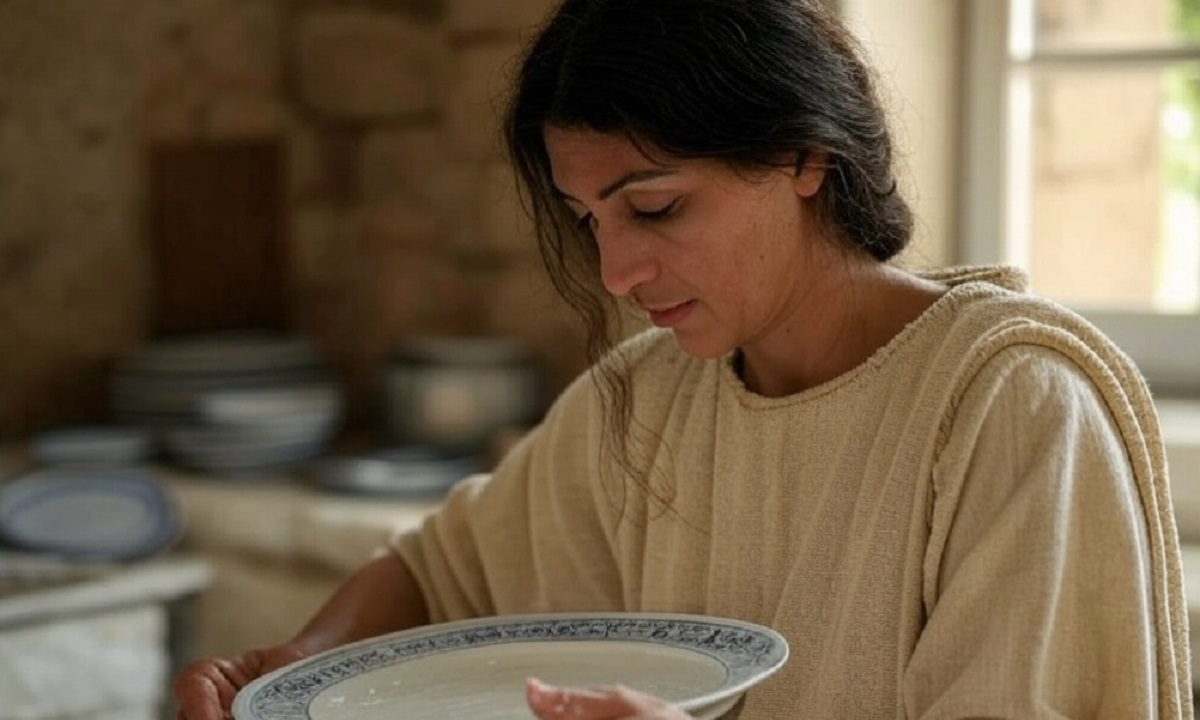Is voting crucial in a democracy? Not necessarily. In Athens, a randomizing device called a kleroterion was used to select citizens to most public duties.
The kleroterion was a slab of stone incised with rows of slots and with an attached tube. Citizens' tokens—pinakia—were placed randomly in the slots so that every member of each of the tribes of Athens had their tokens placed in the same column.
There was a pipe attached to the stone which could then be fed dice that were coloured differently (assumed to be black and white) and could be released individually by a mechanism that has not survived to posterity (but is speculated to be by two nails; one used to block the open end and another to separate the next die to fall from the rest of the dice above it).
When a die was released, a complete row of tokens (so, one citizen from each of the tribes of Athens) was either selected if the die was coloured one colour, or discarded if it was the alternate colour. This process continued until the requisite number of citizens was selected.
For the first time, a team of archaeologists created a functional kleroterion they can now use to test their hypotheses.
Watch the video for more about the kleroterion device









